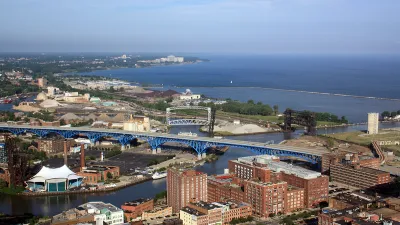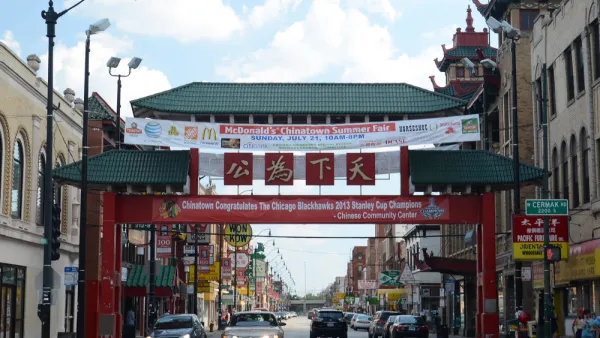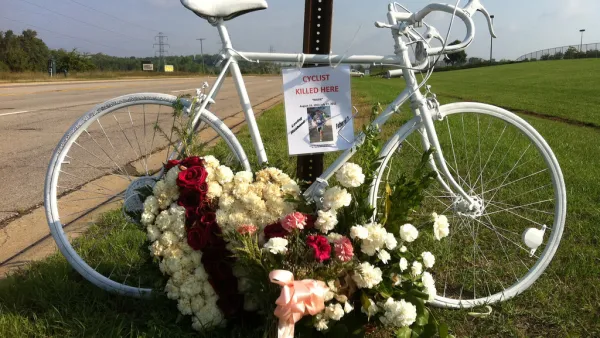Decades of racist policy and a lack of critical resources have left Cleveland in a perpetual state of economic fragility. The city can't afford another recession.

Cleveland has been hit hard over several decades by waves of population decline, recession, and lack of investment.
"City services began being slashed in the 1970s, then federal aid to cities fell dramatically in the 1980s and never recovered. Cleveland’s finances were ravaged again by the Great Recession – its neighbourhoods were devastated by foreclosure, and then, in 2012, Republican Governor John Kasich cut state aid to cities by half," writes Jake Blumgart.
The Cleveland that lifelong residents remember from before the 1970s no longer exists, says Blumgart, citing "some of the most inexorable forces in US history: anti-Black racism, deindustrialisation, population decline, state-level interference and aggressive suburbanisation."
Legislators and experts fear that without support in coming months, Cleveland could take another hit. "Like many US cities, Cleveland has spent the past half-century or more skipping from catastrophe to catastrophe. It can ill-afford another one," Blumgart writes. Cities like Detroit and Cleveland are unique, says Blumgart—no other advanced nation in the world has a racialized geography like the United States. The article lays out such practices as exclusionary zoning, restrictive covenants, and segregation as spurring the poor fiscal outcomes in the city of Cleveland.
"All of this ugly racial history devastated municipal finances," explains Blumgart. "All of this ugly racial history devastated municipal finances. Just as Cleveland became the home of the vast majority of the region’s low-income population, with the residents in the most need of public assistance, it became less and less able to maintain services."
Cleveland is a city that can't handle another recession.
FULL STORY: Cleveland is still suffering from the last recession. It can’t afford another

Analysis: Cybertruck Fatality Rate Far Exceeds That of Ford Pinto
The Tesla Cybertruck was recalled seven times last year.

National Parks Layoffs Will Cause Communities to Lose Billions
Thousands of essential park workers were laid off this week, just before the busy spring break season.

Retro-silient?: America’s First “Eco-burb,” The Woodlands Turns 50
A master-planned community north of Houston offers lessons on green infrastructure and resilient design, but falls short of its founder’s lofty affordability and walkability goals.

Test News Post 1
This is a summary

Analysis: Cybertruck Fatality Rate Far Exceeds That of Ford Pinto
The Tesla Cybertruck was recalled seven times last year.

Test News Headline 46
Test for the image on the front page.
Urban Design for Planners 1: Software Tools
This six-course series explores essential urban design concepts using open source software and equips planners with the tools they need to participate fully in the urban design process.
Planning for Universal Design
Learn the tools for implementing Universal Design in planning regulations.
EMC Planning Group, Inc.
Planetizen
Planetizen
Mpact (formerly Rail~Volution)
Great Falls Development Authority, Inc.
HUDs Office of Policy Development and Research
NYU Wagner Graduate School of Public Service




























